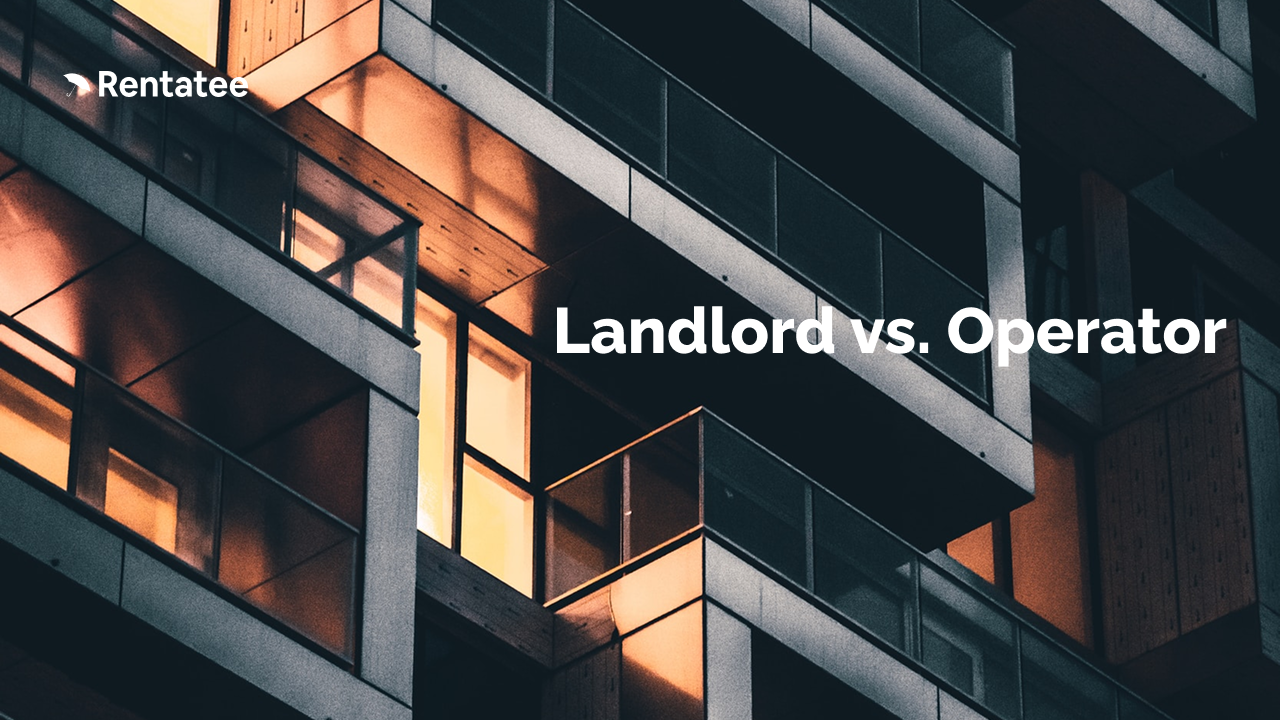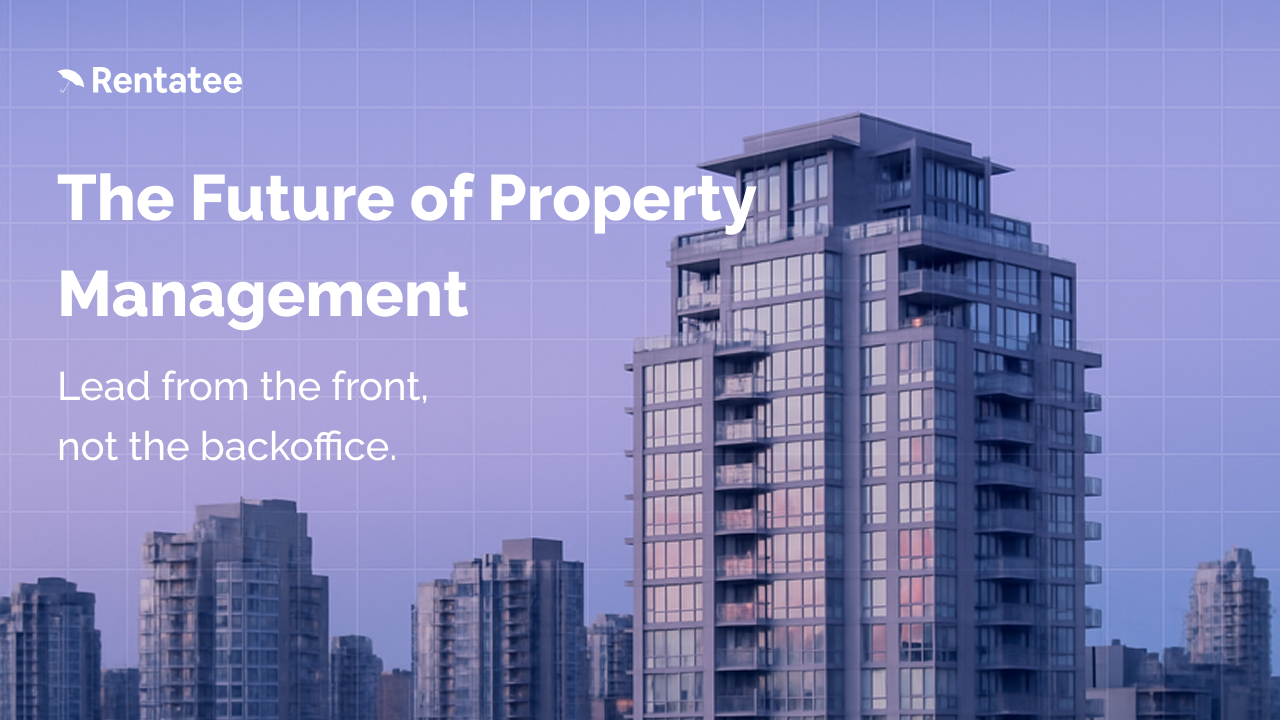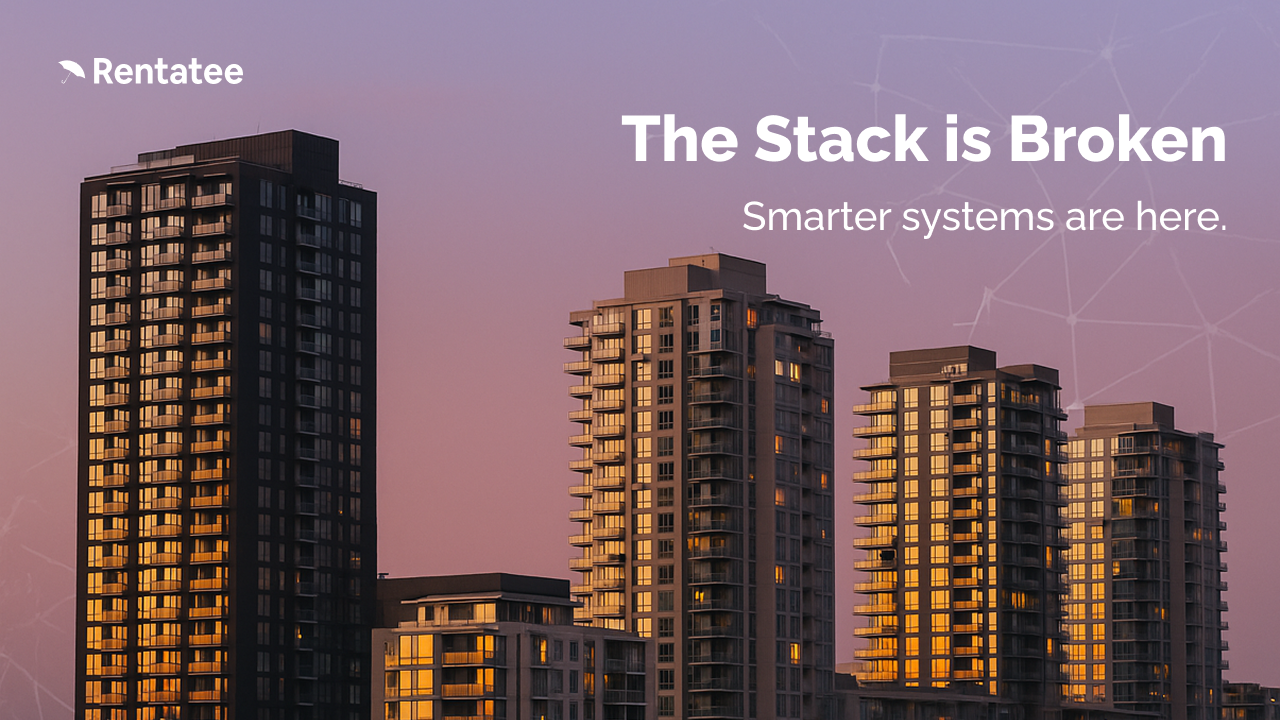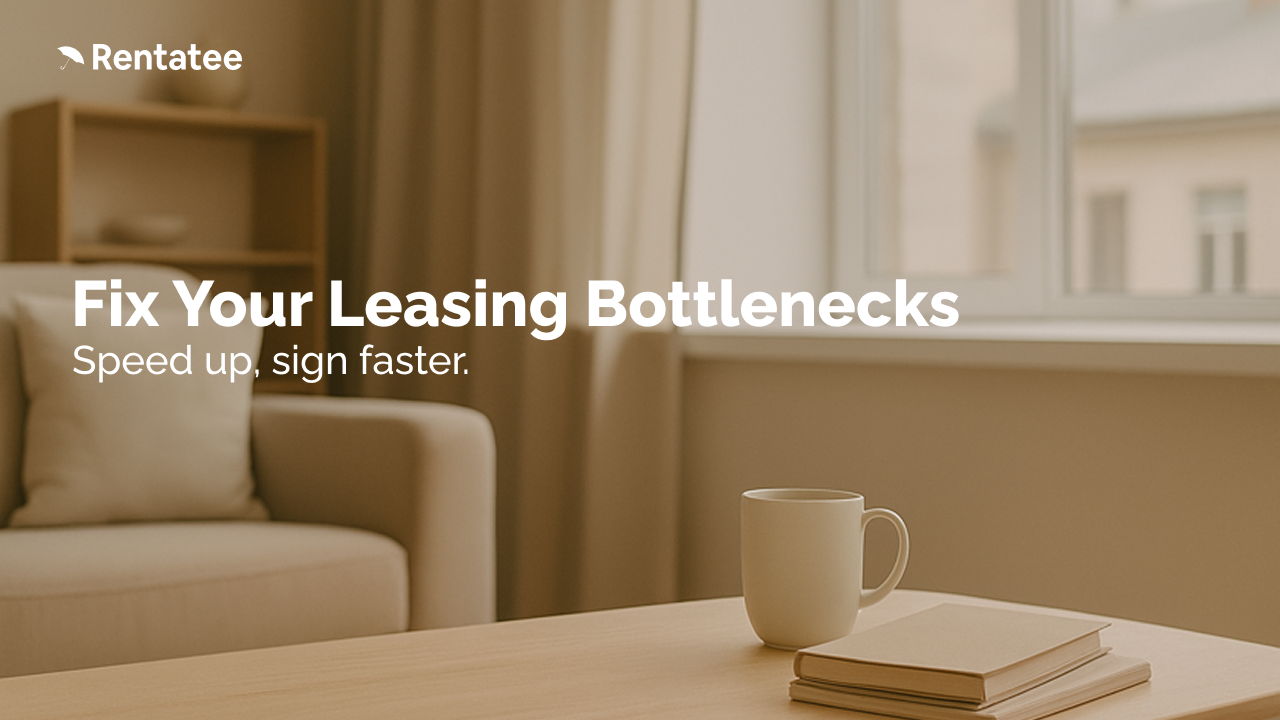Anyone can collect rent.
But not everyone can scale a portfolio, stay compliant, deliver a consistent tenant experience, and protect cash flow all at once.
That’s the difference between a landlord and an operator.
It’s not about how many doors you manage. It’s about the systems you build.
1. Operators Don’t Rely on Memory
Landlords write reminders on Post-its.
Operators use software that:
- Tracks lease expirations
- Sends automated rent reminders
- Logs every tenant interaction
- Flags overdue repairs and unpaid rent
If your system lives in your head, you’re setting yourself up to miss something important.
2. Operators Standardize What Works
Landlords reinvent the wheel every time a new tenant moves in.
Operators have checklists and workflows for:
- Move-ins and move-outs
- Lease renewals
- Maintenance triage
- Tenant onboarding and education
Repeatability reduces errors and increases capacity.
3. Operators Don’t Chase Rent
Late payments and awkward follow-ups kill time and momentum.
Operators:
- Offer multiple digital payment options
- Set clear late fee policies
- Automate reminders and receipts
- Review rent roll dashboards weekly
They know who’s paid, who hasn’t, and what needs to happen next — instantly.
4. Operators Treat Maintenance Like a Workflow, Not a Favour
Landlords get calls and try to “figure it out.”
Operators use tools that:
- Let tenants submit issues with photos
- Auto-route requests to trusted vendors
- Track resolution time
- Store a full repair history for each unit
The result? Faster fixes, fewer complaints, and no lost information.
5. Operators Know Their Numbers
Rent collected, delinquency rate, occupancy, unit performance - it’s all tracked.
Operators don’t wait for a problem to get big.
They catch patterns early and make data-backed decisions.
6. Operators Use Tech to Scale, Not Just Survive
The biggest shift?
Landlords react to problems.
Operators design systems that prevent them.
That includes:
- Automated leasing workflows
- Centralized dashboards
- Clear audit trails
- Proactive compliance tracking
Because the goal isn’t to “keep up.”
It’s to build something that runs smoothly and grows sustainably
Final Word
You can be a landlord with five units or an operator with 500.
The title doesn’t matter. The systems do.
If you want to scale your portfolio or just sleep better at night, it starts with thinking like an operator.




